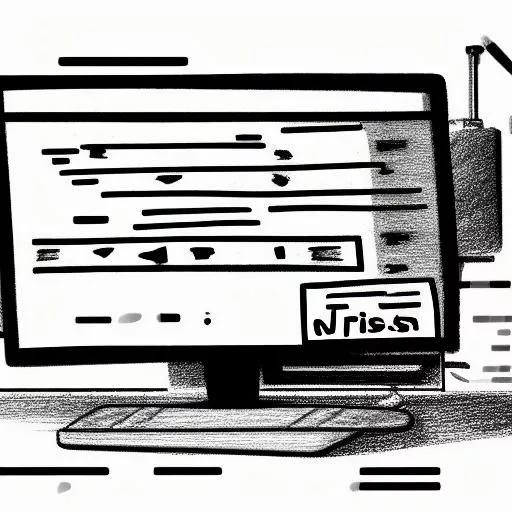In the ever-evolving landscape of web development, DevExpress Blazor stands out as a robust and feature-rich toolkit, empowering developers to create stunning and interactive web applications with ease. In this blog post, we’ll explore the significance of DevExpress Blazor, its key features, and how it enhances the development experience for creating modern and responsive web applications.
Understanding DevExpress Blazor:
DevExpress Blazor is a set of UI components specifically designed for Blazor, a web framework developed by Microsoft. These components are crafted to seamlessly integrate with Blazor applications, providing a vast array of tools to enhance the user interface and user experience. DevExpress has established itself as a leading provider of UI components, and their offerings for Blazor continue this tradition by bringing a wealth of functionalities to developers’ fingertips.
Key Features of DevExpress Blazor:
- Rich Set of UI Components:
DevExpress Blazor offers a comprehensive collection of UI components, including grids, charts, data editors, navigation elements, and more. These components are designed to be highly customizable, allowing developers to tailor the look and feel of their applications.
- Data Binding and Integration:
The components seamlessly integrate with data binding, enabling developers to connect their user interface elements directly to data sources. This simplifies the process of displaying and manipulating data within the application.
- Responsive Design:
DevExpress Blazor components are built with responsiveness in mind. They adapt to various screen sizes and resolutions, ensuring a consistent and visually appealing experience across different devices, from desktops to tablets and smartphones.
- Client-Side and Server-Side Modes:
DevExpress Blazor components support both client-side and server-side modes. Developers can choose the mode that best suits their project requirements, balancing factors like performance, scalability, and application architecture.
- Theming and Styling:
Theming and styling are made effortless with DevExpress Blazor. The components come with a range of built-in themes, and developers have the flexibility to create custom styles that align with the branding and design requirements of their applications.
Use Cases of DevExpress Blazor:
- Enterprise Applications:
DevExpress Blazor is well-suited for building enterprise-level applications where a rich and intuitive user interface is crucial. Components like grids and data editors facilitate the efficient management and presentation of complex data sets.
- Dashboard and Reporting:
The charting and dashboard components in DevExpress Blazor make it an ideal choice for applications that require data visualization and reporting features. Developers can create dynamic and interactive dashboards with ease.
- E-Commerce Platforms:
E-commerce applications benefit from the responsive design and versatile data presentation capabilities of DevExpress Blazor. The toolkit provides the necessary components to create product catalogs, shopping carts, and order management systems.
Conclusion:
DevExpress Blazor emerges as a powerful ally for developers seeking to elevate their web development projects. Its rich set of UI components, seamless integration with Blazor, and versatility in handling diverse use cases position it as a go-to toolkit for creating modern and visually compelling web applications. As the web development landscape continues to evolve, DevExpress Blazor remains at the forefront, empowering developers to build feature-rich and responsive applications that meet the demands of today’s digital era.

Leave a Reply